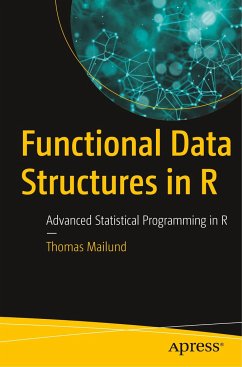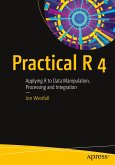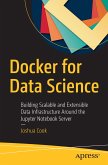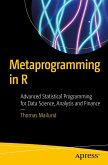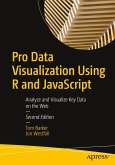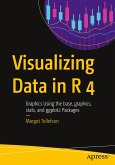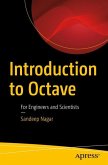Get an introduction to functional data structures using R and write more effective code and gain performance for your programs. This book teaches you workarounds because data in functional languages is not mutable: for example you'll learn how to change variable-value bindings by modifying environments, which can be exploited to emulate pointers and implement traditional data structures. You'll also see how, by abandoning traditional data structures, you can manipulate structures by building new versions rather than modifying them. You'll discover how these so-called functional data structures are different from the traditional data structures you might know, but are worth understanding to do serious algorithmic programming in a functional language such as R.
By the end of Functional Data Structures in R, you'll understand the choices to make in order to most effectively work with data structures when you cannot modify the data itself. These techniques are especially applicable for algorithmic development important in big data, finance, and other data science applications.
What You'll Learn
Who This Book Is For
Experienced or advanced programmers with at least a comfort level with R. Some experience with data structures recommended.
By the end of Functional Data Structures in R, you'll understand the choices to make in order to most effectively work with data structures when you cannot modify the data itself. These techniques are especially applicable for algorithmic development important in big data, finance, and other data science applications.
What You'll Learn
- Carry out algorithmic programming in R
- Use abstract data structures
- Work with both immutable and persistent data
- Emulate pointers and implement traditional data structures in R
- Build new versions of traditional data structures that are known
Who This Book Is For
Experienced or advanced programmers with at least a comfort level with R. Some experience with data structures recommended.

